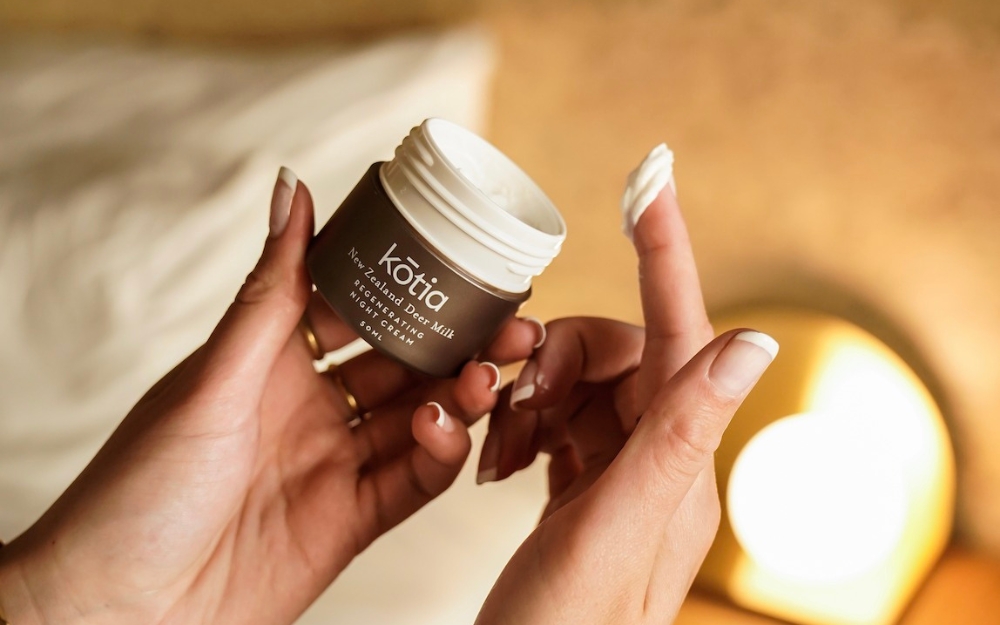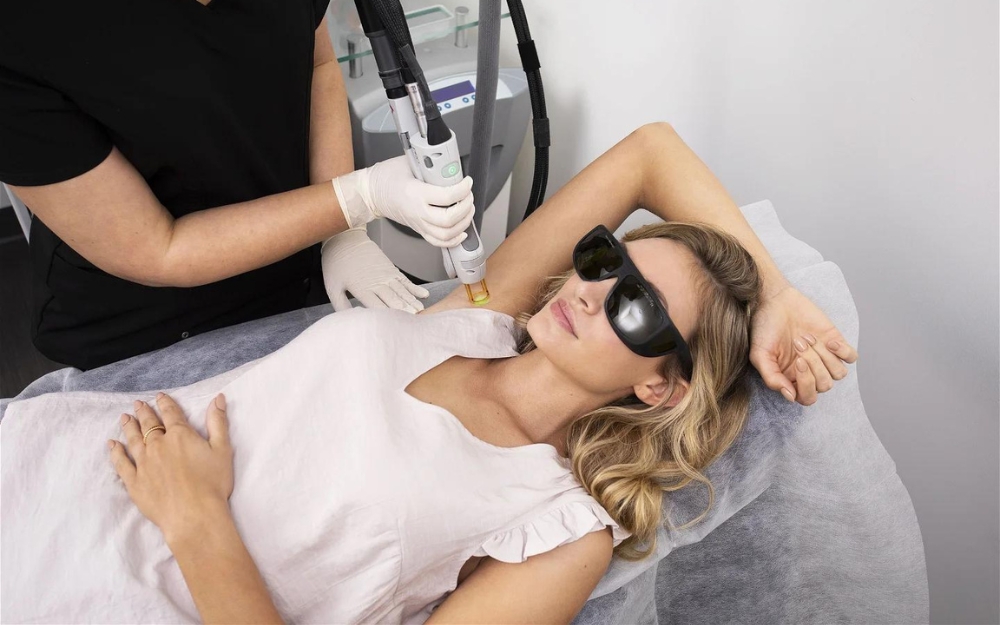Some lifestyle choices, like smoking and sunbaking, are well known to take their toll on your physical appearance, affecting everything from skin quality to the colour of your teeth.
But other daily habits – ones that are more commonly linked to heart disease risk and cancer – can affect how you look, too.
On the upside, modifying your routines, from what you eat to how often you hit the gym, can turn the clock back on your looks. Here’s how…
To protect against fine lines… Get a good night’s sleep
Thanks to the way sleep affects three skin qualities – fine lines, uneven skin pigmentation and reduced skin elasticity – consistently poor-quality sleepers look twice as ‘aged’ as people who report sleeping well. Good-quality sleepers’ skin also recovers more efficiently from stressors like sun exposure and moisture loss.
Sleep loss seems to accelerate signs of skin ageing as well as weakening the skin’s ability to repair itself overnight.
A lack of sleep can have an immediate impact on your looks too, with short-term sleep deprivation linked to paler skin and darker under-eye circles.
Make it work by putting some lavender oil on your pillow.
Breathing in the scent means that you’ll spend a larger percentage of your night in the most restful stage of sleep, so that you’ll wake up feeling more refreshed. The smell of lavender increases activity of specific brainwaves associated with feelings of deep relaxation.

Look two years younger by… Cutting back on salt and alcohol
Reducing your intake of both salt and alcohol can help to lower your blood pressure – and that’s good news because women with lower blood pressure have less saggy facial skin, according to Dutch research.
It’s an effect that makes them look two years younger, compared to women with higher blood pressure. It’s not known exactly how blood pressure contributes to facial ageing, but the researchers say blood pressure is a risk factor for cardiovascular disease, and that people in this risk category often look older than they are.
Make it work by eating no more than 6g of salt, which is 2400mg of sodium, a day.
That’s roughly a teaspoon of salt. About 75 per cent of most people’s daily salt intake comes from packaged and processed foods like cheese, cereal and bread, so read the nutrition information panel to see how much sodium a food contains.
To reduce your salt intake, stick mainly to fresh, unprocessed foods and choose low-salt versions of packaged foods. And if you do drink alcohol, don’t consume more than two standard drinks a day.
Protect your skin from wrinkles by… Doing more exercise
Being more active can reverse some of the ageing that’s already occurred. People who exercise regularly have visibly younger-looking skin – and it’s never too late to benefit.
Research shows sedentary people aged over 65 see improvements to their skin after three months of exercising. One explanation is that exercise encourages the production of substances that jump-start healthy changes in skin cells.
Make it work by getting yourself some friendly competition, to push you further.
Research proves that striving to match or better someone else’s achievements can double the amount of exercise you do. A simple way to tap into your competitive side is to download a free fitness app which lets you compete against your own previous times or other people.





